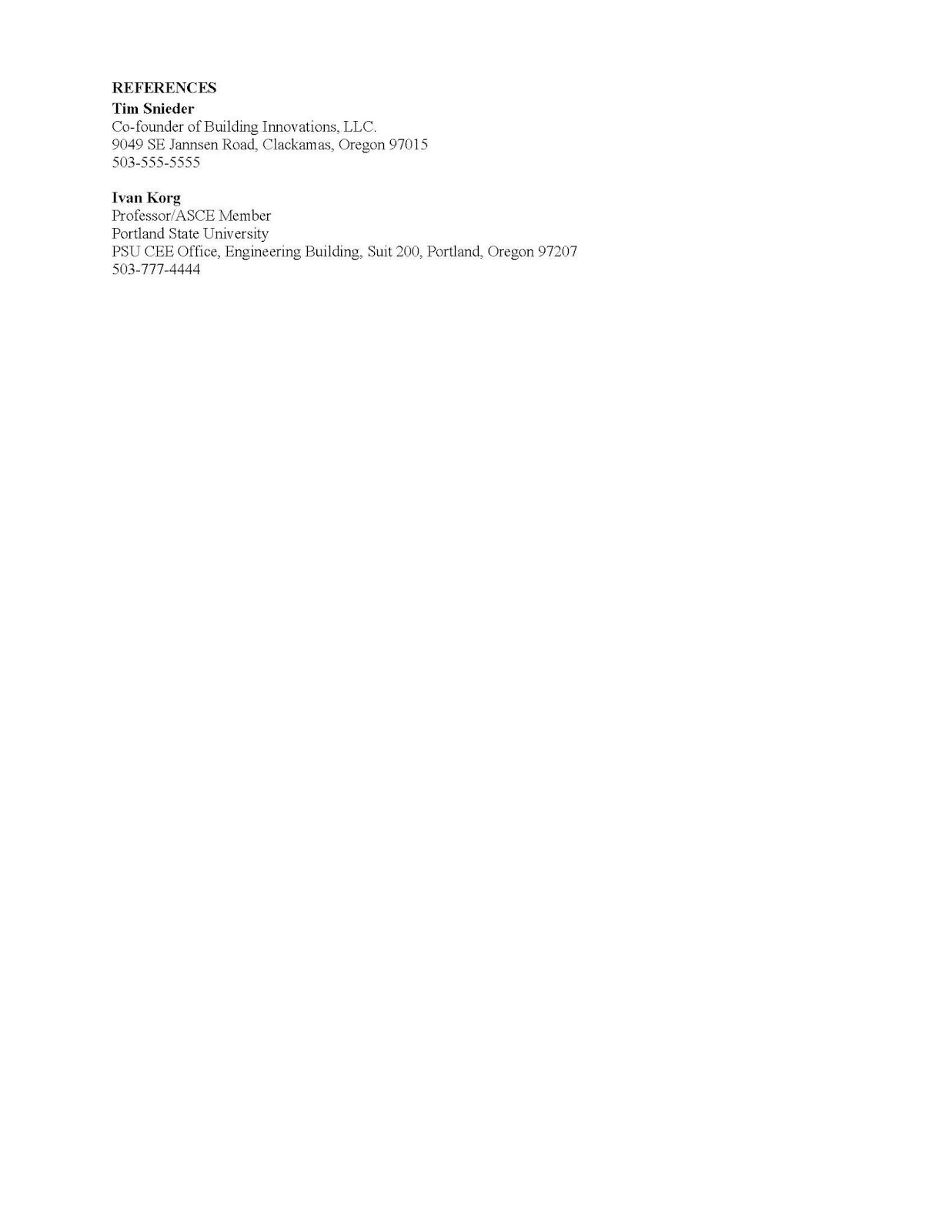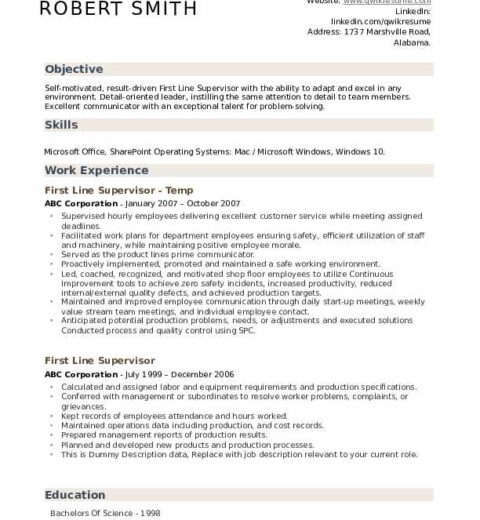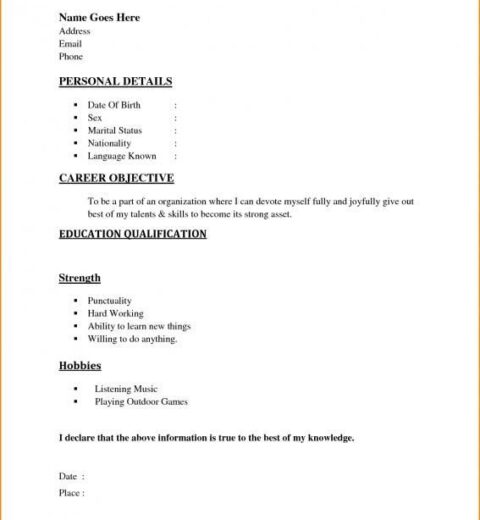When crafting a resume, one often finds oneself pondering an essential question: Should you include references on a resume? While it may seem like a straightforward decision, the reality is much more nuanced. Most job seekers are aware of the significance of references, but the appropriate way to present them can pose a delightful challenge. Let’s delve into the intricacies of this topic to offer a comprehensive understanding.
To begin, one must consider the purpose of a resume. This document serves as a personal marketing tool that encapsulates your qualifications, experiences, and achievements. Its primary objective is to secure an interview. Therefore, the inclusion of references must be strategically evaluated within this context.
Now, the playful question arises: Do employers really need to see references upfront? While the conventional approach has been to list references directly on the resume, many experts advocate for a more modern twist. The first course of action is to determine what potential employers prefer and how it aligns with contemporary hiring practices.
In most cases, hiring managers expect to request references after conducting initial interviews. They want to substantiate the claims made in your resume and assess whether candidates possess the qualities they seek. Thus, preemptively including references may not just be redundant but could also clutter the resume with unnecessary information.
While some individuals might argue that including references is beneficial, this requires a thorough evaluation of the context. Traditionalists may suggest that a dedicated “References” section subtly conveys readiness and transparency. However, in an environment where brevity is favored, less can indeed be more.
Another aspect to consider is the inherent risk involved in sharing the personal information of your references without prior consent. By listing someone’s name and contact details, you might inadvertently put them in an awkward position should employers attempt to contact them without your knowledge. Such a scenario raises ethical questions and can potentially strain professional relationships. Thus, more prudent strategies may involve requesting permission from references before including them in any documents.
Additionally, one must contemplate the space constraints often present in a resume. Every word should serve a purpose. Real estate on a resume is limited, and aspiring candidates must seize the opportunity to emphasize more pertinent qualifications, experiences, and skills that are aligned with the job being sought. Allocating valuable space to a section that may not be immediately necessary could deprive your resume of the impact it should impart.
Transitioning to modern resume trends, a rising phenomenon is the practice of stating “References available upon request.” This phrase succinctly communicates your willingness to provide references without occupying valuable space on your document. It opens the door for further conversation while still maintaining focus on your qualifications. This approach has gained traction, particularly among younger professionals who are aligned with contemporary job-seeking strategies.
Employers, especially in competitive job markets, typically understand the cadence of providing references. They often prefer to review them during the final stages of the hiring process, as part of their due diligence. Therefore, while you can mention that references are available upon request, the bulk of your resume should unequivocally concentrate on your strengths and suitability for the role.
Moreover, a personalized approach can be instrumental. Tailoring your references to correspond with the job at hand can yield substantial benefits. If an applicant has industry-specific achievements, having a reference who can attest to those experiences can make a formidable difference. This strategic alignment underscores the importance of not just providing names, but ensuring that they resonate with your professional aspirations.
Furthermore, the choice of references plays a critical role in shaping their effectiveness. Selecting individuals who can provide specific, detailed insights into your qualifications is crucial. Former supervisors, mentors, or colleagues who are familiar with your work ethic and contributions carry more credence than generic references. One must wield their references as tools that enhance their overall narrative.
In conclusion, the decision to include references on a resume is not merely a binary choice; it is a multifaceted consideration influenced by industry norms, personal relationships, and job specificity. By avoiding the immediate listing of references, candidates can maintain focus on their skills and achievements while still signaling readiness for further discussions. Emphasizing quality over quantity can ultimately resonate with potential employers more effectively, driving home the point that while references may be available, your qualifications stand firmly at the forefront of your presentation.
In summary, opting for “References available upon request” is often more pragmatic, allowing candidates to prioritize impactful content on their resumes, while also preparing for strategic conversations with potential employers. This thoughtful approach not only preserves space but also underscores your professional acumen in navigating the job search landscape.




